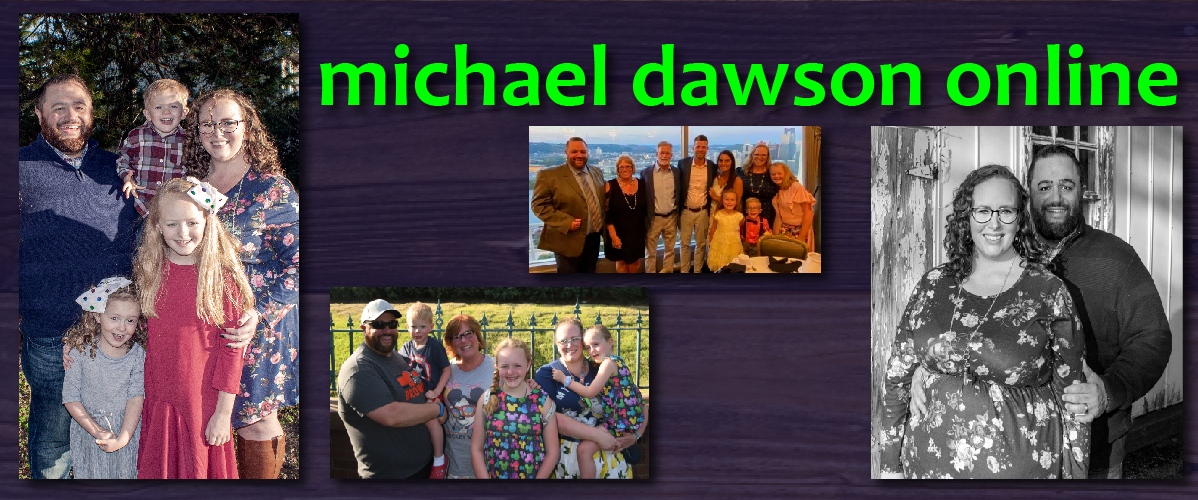 |
| Photo Credit: Microsoft Clip Art |
When I see churches that are struggling
or even dying, I believe one thing that is missing is a common goal. Somewhere
along the way the common goal, the drive that brought them together, has been
lost. No longer are they working to bring new people in. No longer are they
working to for the same cause. Sometime the only cause is to keep the doors
open one more week. When we operate that way no real growth can happen.
There is power when we work together,
all pushing for the same goal. That is what we see play out in our reading
today. The Jews who have returned to rebuild the Temple of God are faced with
persecution. Once Haggai and Zechariah encourage them to begin rebuilding, they
work together and finish the task. Because they worked together they are able
to succeed and even celebrate with a Passover Feast. What a powerful lesson for
our churches to learn. West Side, I know
this is one area I believe we have been missing for a while, and I am going to
get busy working this issue out. Please pray for our leadership as we listen to
God’s teaching and leading.
Some bonus material …
One of the purposes of this chronological
reading of the Bible is to help us associate the Biblical narrative into one
flowing story as it happened in history. As I have shared before, the Bible is
not organized in a chronological system, but grouped together in many ways by
topics. We see the Old Testament break down into four main areas … The Pentateuch
– the first five books of the Bible often called “The Law.” This section shows God
establishing His people. From there we move into the books of history. These books
show us the history of the nation(s) of Israel and later Judah in the land God had
promised to Abraham. For the most part these first two sections follow the
chronological history of God’s people. The third section is the where we begin
to see a mix up of history. That is because they are often not history books
but writings of the people who lived in that history. These are known as the
writings; books like Job, Psalms, Song of Solomon, and Proverbs to name just a
few. The final section of the Old Testament we see is the Prophets. These books
again do not follow the chronology of the Bible. These prophets spoke and wrote
to the people mostly recorded in 2 Samuel, 1st and 2nd
Kings, and 1st and 2nd Chronicles. Some of these prophets
lived and wrote at other times. Our reading today indicates two of these
prophets, whom we will read from in the coming days. In Ezra 5:1 we see that
the work of the temple is spurred to restart by the preaching of Haggai and
Zechariah. Here the Bible gives us internal clues as to its own chronology.

No comments:
Post a Comment